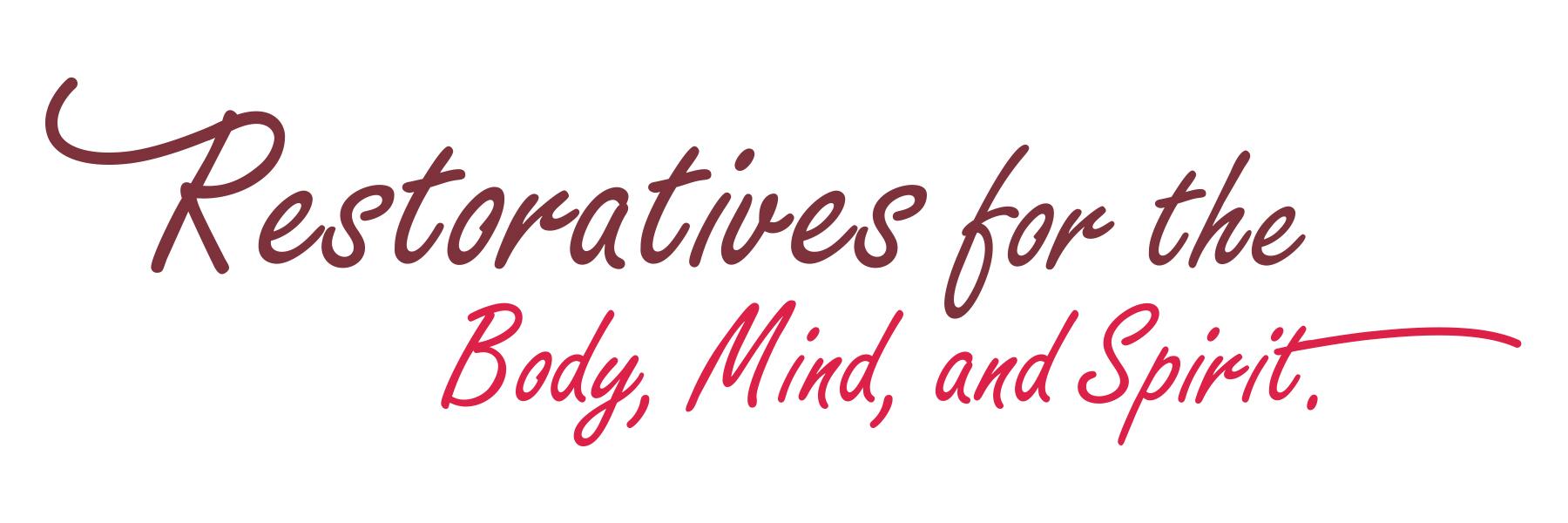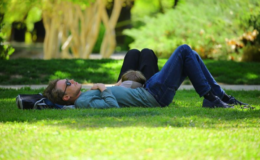“I have no special talent. I am only passionately curious.” — Albert Einstein
Among the 2016 graduating class at South New Hampshire University, one student stood out. It wasn’t because of her perfect 4.0 GPA or the fact she was distance learning from Hawaii, nearly 5,000 miles away from SNHU’s campus. It was a few other numbers that made many sit up and take notice. After 54 years away from college courses, 94 year old Amy Craton graduated with her bachelor’s degree in creative writing and English, making her the University’s oldest graduate. She had stepped away from college in midlife to raise four children, but decided she had more to learn, and, more importantly, that it wasn’t too late.
“It feels good to graduate, but in many ways I feel I am still on the road; I have more to learn” she told her alma matter. “If you’re thinking about going back to school, do it. You’ll open up a whole new life.” A poet with a special fondness for haiku, Amy hopes her degree will help her realize another dream — publishing a children’s book.
Not all of us are nonagenarian undergrads, but we can still benefit from the significant upticks in health, happiness, quality of life and general satisfaction to be had from learning something new in adulthood. Turns out, following Dale Carnegie’s advice “to be interesting, be interested” can keep your brain and body limber, introduce you to new people and ideas, broaden your worldview and introduce some good, old-fashioned fun. Crucially, it can also expand confidence which can take a hit once we’re no longer full-time workers or parents.
Picking up a new skill as an adult can challenge ideas and preconceptions about who you are and who you can be. True, you may take continuing education courses as part of your job, and by adulthood, most people have taught themselves how to manage their household and finances. In many ways people continue to learn professionally and practically to grow (or change) their careers or make their lives run more smoothly. But these types of pursuits often fall under the category of “training” or “must dos.”
What about learning for the joy of learning?
Amy’s story illustrates one pathway to that joy — organized, academic, and with a clear end point. Indeed, adult student enrollment at the university level has continued to grow, year over year, since 2008. And for good reason: Adults often bring a focus, determination and a general willingness to put in the effort, along with a sense of purpose and sense of self that many younger students may not. Flubbing the correct pronunciation in your French class may not be a barrel of laughs for anyone, but you’re likely to care less about embarrassing yourself at 56 than you were at 16.
Adults can be free to indulge in their curiosity and passion. Love to paint? Curious about ceramics? Intrigued by the life of a private investigator, medic, garden designer, voice-over actor or (fill in the blank)? A variety of short-term classes can give you a taster without the time or expense inherent in a degree program.
Many adults regret not having learned a foreign language or musical instrument as children. It’s generally accepted that both of these pursuits are trickier to pick up later in life. But that doesn’t mean they’re impossible, and you’ll have something younger students don’t — real-life experience that can help you master all kinds of new tasks. My mom started playing the piano at 63 and, while occasionally frustrated with the difficulty, it gives her a great sense of satisfaction as a music lover. Plus, she has a lot of time to practice, something she definitely didn’t have while she was working full time and bringing up two kids.
And remember that not all learning is academic or requires lessons. Many adults take up a new sport. Though you’ll probably never dance with the Bolshoi if you start when you’re past the average retirement age of a prima ballerina, adults who try running, cycling (including BMX and road racing!), power- and bodybuilding regularly find success in all age groups. Runners, especially, can set records well into their golden years. The benefits of staying active, and setting goals, are enormous. Staying (or getting) in shape keeps the brain pliable and helps the release of important hormones that keep connections fresh and promote the growth of new synapses.
As a longtime advocate of mindfulness meditation (and my mother’s daughter), I practice one of the cornerstone tenants in my daily life: STAY CURIOUS. I taught myself audio recording and editing software when I hosted my podcast Preheated. I took up running in my early 30s and ran four half marathons as well as lots of shorter races over the next decade, before I took up tennis for the first time at 44. I have lots of other fascinations, too, from Second World War history to astronomy, quilting to jam making. While all of these interests may have felt overwhelming and scattered as a young person, they now feel expansive and unlimited. Who do I want to be today, and what do I want to learn?
Maybe I should take a page from Amy Craton. She’s currently studying for her master’s.
Want to indulge your curiosity?
- Massive Open Online Courses: These online courses are available for anyone to enroll, and cover an incredible range of subjects from Shakespeare to structural engineering. Dabble in a variety or complete a master’s degree. MOOC partners with top universities all over the world, from Purdue to The University of Queensland.
- London-based City Lit has an extensive array of evening, daytime and weekend courses, lectures, workshops and talks. Learn in person, or chose from thousands of their online offerings, covering everything from acting to anthropology. Taster courses start at just £10.
- Your local community center, university or community college may offer courses for “mature learners.” Love it? Great! Not for you? No problem. You’re an adult and you get to decide. One of the most satisfying moments of my adult life was walking out of a knitting class when it became abundantly clear I was hopeless (more on that later this month).
- Alternatively, in our Zoom era, the world has shrunk — you can learn to make donuts with a pastry chef in London even if you live in Milwaukee. Consider expanding your class searches outside of your geographic area. (And consider the courses at Bread Ahead — they’re fantastic.)
- Don’t forget volunteering! It can be the perfect opportunity to expand your worldview, change your perspective, and meet people from different walks of life — all very important aspects of learning.
by Stefin Kohn, Contributing Writer







